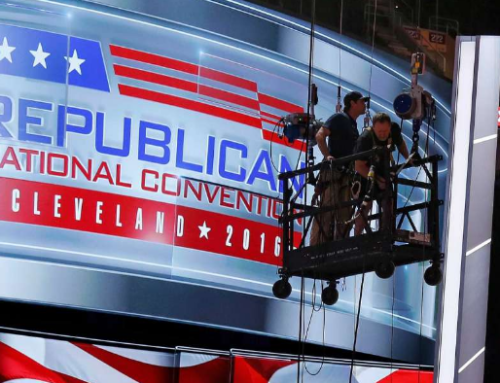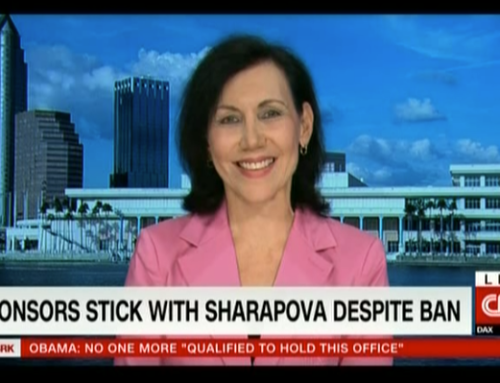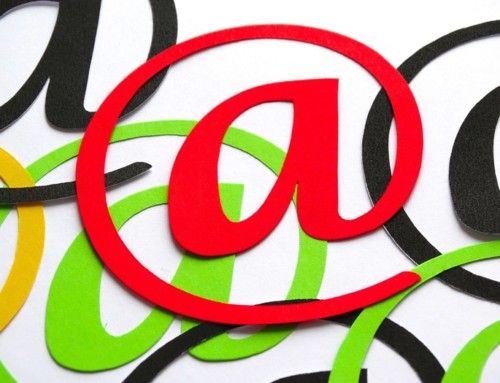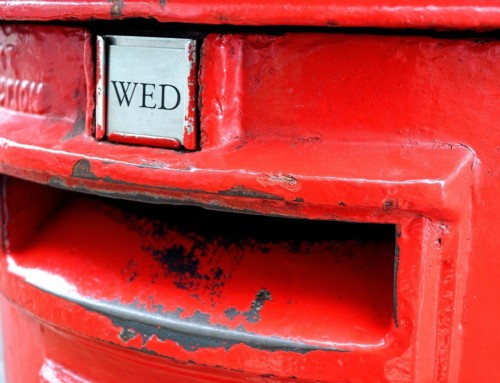Do you have a name that basically sucks?
If so, shame on you. If you acquired it, I send my sympathy.
Should you change it? Yes. It will cost some bucks, but it’s also a great opportunity to get a lot of great attention and renewed momentum. Weigh it out, look at the cost versus the benefit and remember that change can be scary, but a lame brand can be scarier!
So what is a great name worth?
The answer: a lot. If your brand is properly nourished, it grows and has a long shelf life or history – do the math.
Not all great brand names cost a lot
Nike® is one of the best examples. Nike is Greek for victory and is also the Greek goddess of victory. The name came in a dream to Jeff Johnson, Nike’s first “real” employee, and replaced the original name of Blue Ribbon Sports. It beat out Phil Knight’s own name change idea of “Dimension 6.” However, the company did pay Carolyn Davidson, a graphic design student at Portland State University, $35 in 1971 to design the trademark “swoosh.”
When faced with the challenge of naming, start with your ideas and those of your staff. No matter what, even if the names you come up with stink, it’s a good creative exercise about defining your brand essence. If you have the budget, outside input and other naming solutions can also be a valid investment. Remember that the life and benefit of your brand name may last for years.
It will be plastered on lots of things including your market’s mind. Whatever you spend, divide it by the projected years of use and value. This same formula applies for investments in corporate identities and tagline. They are as valuable as a great employee or, piece of manufacturing equipment.
Whether you decide to outsource or to create on your own name, I suggest walking through the following preliminary exercise.
Ask yourself the following:
Who will ultimately decide the name? One person or a team? Whoever that is should be involved in the criteria-building process. What kind of brand are you naming? Company, consumer product, business service, or event? What is the expected life of the brand name? Does the name fit into a larger family of names? Will it be used only in the U.S. or will it go global? Remember that today ‘global’ can mean the Internet too. Who is your primary audience for the brand names? Are you creating a new category or joining an existing one? If joining a category, what are your competitors’ names? What are the primary strategies for building your brand?
Once you’ve completed your basic criteria or framework, you can proceed with the grueling task of a name dump of endless possibilities.
Should a name be literal and descriptive or obscure and emotional?
My tendency tilts toward obscure and certainly emotional, primarily because I’m a strong proponent of distinctive brands. However, I also believe each case is unique and sometimes brand names get passed down and changing them would take an act of Congress.
An obscure or unfamiliar word can be a brand home run
Consider Apple®, Nike®, Google®, FUBU®, and Yahoo®. They all have visibility/frequency, brand-story telling communication, and brand performance. They are all hugely successful brands but, started as small companies.
Although not my favorite, literal and descriptive words can work in some brand naming situations. Generally, though proceed with caution because they can be more easily copied or imitated, leading to buyer confusion. Such confusion usually defeats the purpose of a sound brand.
If you have a big branding budget, you can salvage or sustain a boring, generic, or literal brand name with some other compelling messaging. Take, for example, Southwest Airlines. Their consistently creative and ‘on brand’ advertising has transformed a somewhat nonexciting name into a great brand name. However, most companies don’t have the luxury of Southwest’s media budget or have not engaged a great ad agency like GSDM in Austin, Texas.
With that said, unless you have a big, endless budget, I say… Avoid like the plague:
Dumb generic names
Dumb generic names like Computer Solutions, Performance Printing or Innovative Technologies. I’m sorry if I’ve offended anyone, but these names will just make you spend more and work harder at building a brand. They don’t have legs and will likely drown in the sea of sameness. Avoiding generics names is also critical in consumer-packaged products, especially when private label copycats by mass retailers are showing up. Many times the name can be the strong point of difference.
Copycat names
I also think copycat names or those that sound like a competitor or some other big brand are not worthy of much.
Names that are hard to spell or pronounce
Finally a name should be something most people can spell and certainly pronounce.
Whatever route you take, be it working with a naming company, a creative consultant, rallying your troops and making it an internal company project, enlisting strangers in a naming contest, or combining several of these methods, you have created an extensive list of possible contenders. Now what?
More big naming questions
How will the market receive the name? With supporting context, will the market get it?
Will it jive with your strategic positioning of the brand? Are there negative connotations or associations with the name? Is it available to use? On the earth? On the Web?
Once you’ve boiled down the list of prospects, you can organize nonscientific opinion polls (i.e., in shopping malls, bars, office gatherings). You can also conduct focus groups to test reactions further or you can do a pricey quantifiable study to gauge understanding acceptance, likability, or associations with your name prospect.
Is there a magic, fool-proof method for testing names? No. In fact, sometimes too much analysis just delays decisions and defeats the whole mission of naming your brand before the next decade. I recommend that you test a little, listen a little to people you respect, listen to your gut feelings, and proceed with a choice.
Great Brand Names
1) Are emotional
2) Stick in the brain
3) Have personalities
4) Have depth
While the brand name is very important, a brand cannot survive on name alone
The brand name and how the brand is executed are equally vital for a successful and sustained brand life. A great brand name can serve as the anchor to your cause, a symbol to your story, a point of difference in your marketplace, a memory trigger, or just one important part of your branding arsenal. Go get you a great one!





